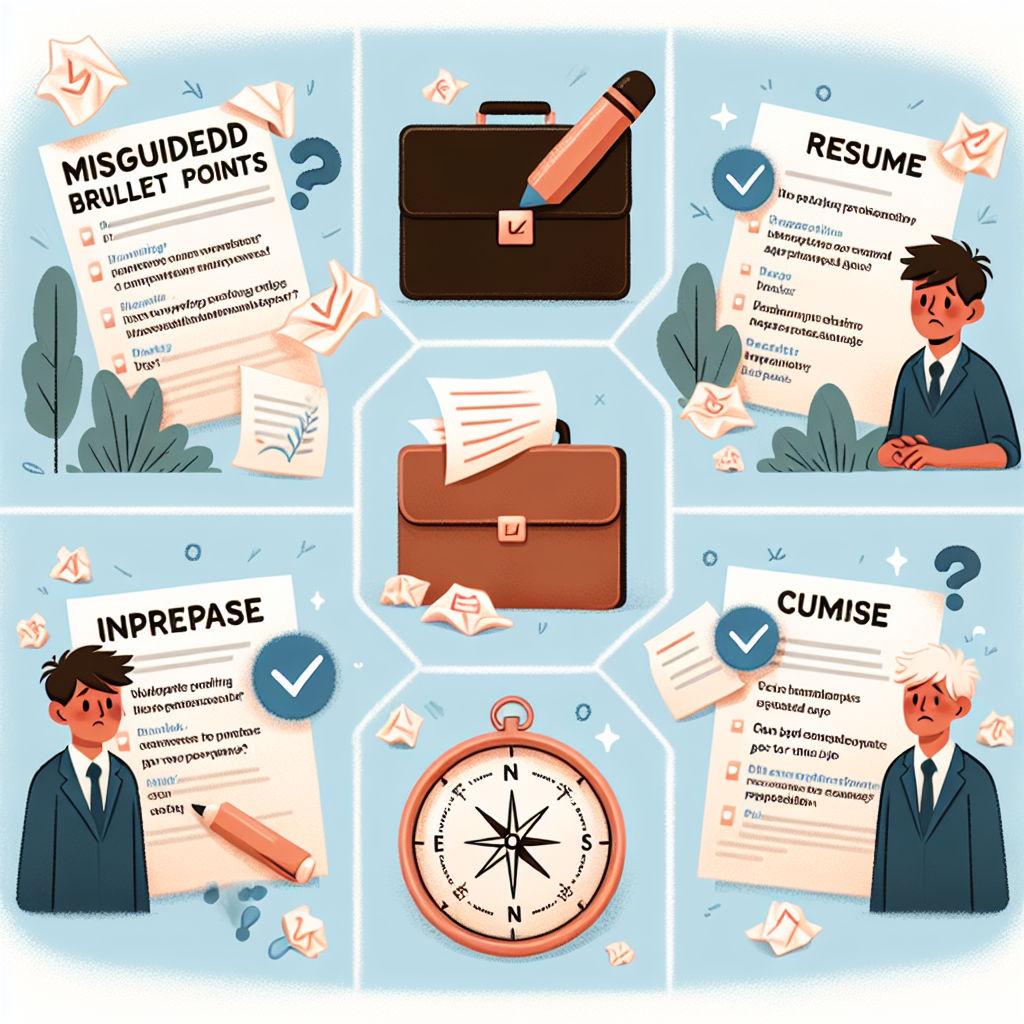Understanding the Top Mistakes Students Make in Career Planning Applications
Career planning is a crucial step for every student aiming to build a successful professional future. However, the journey is often riddled with common pitfalls that can hinder progress and limit opportunities. In this guide, we’ll explore the top mistakes students make in career planning applications, offer insights into why these errors occur, and provide actionable strategies to help students avoid them. By understanding and addressing these common mistakes, students can enhance their career readiness, improve their application success rate, and set themselves on the right path toward achieving their professional goals.
1. Lack of Self-Assessment
One of the most frequent errors in career planning is neglecting thorough self-assessment. Many students jump into application processes without clarifying their strengths, weaknesses, interests, and values. This oversight often leads to unsuitable career choices and missed opportunities.
- Ignoring personal skills and aptitudes
- Overlooking personal interests and values
- Not considering long-term career satisfaction
LSI Keywords: self-awareness, skills assessment, career fit, career suitability, personal inventory
2. Inadequate Research on Career Options
Failing to research potential career paths is a significant mistake that can lead to applications for roles that are either too competitive, not in demand, or not aligned with the student’s aspirations. Comprehensive research helps in understanding industry trends, required qualifications, and future prospects.
- Applying to jobs without researching job descriptions
- Not exploring emerging fields or industries
- Relying on outdated information about career opportunities
LSI Keywords: career exploration, labor market trends, industry research, job outlook, occupational analysis
3. Generic and Unfocused Applications
Many students submit generic applications that do not showcase their specific skills or align with the job requirements. This lack of personalization makes it difficult for employers or admissions committees to see the student’s unique value.
- Using the same resume and cover letter for different positions
- Failing to tailor applications to the role or industry
- Neglecting to highlight relevant experiences and achievements
LSI Keywords: targeted applications, resume customization, cover letter tips, application strategy, personal branding
4. Underestimating the Importance of Networking
Networking is a powerful tool in career planning, yet many students underestimate its value. Building connections within your chosen field can open doors to hidden opportunities, internships, and valuable mentorship.
- Not attending networking events or career fairs
- Failing to leverage alumni networks and professional associations
- Neglecting online platforms like LinkedIn
LSI Keywords: career networking, professional connections, mentorship, informational interviews, LinkedIn profile
5. Overlooking the Application Details
Small mistakes in career planning applications can have significant consequences. Typos, missing documents, or failing to follow instructions can lead to immediate rejection, regardless of qualifications.
- Submitting incomplete applications
- Ignoring application instructions or guidelines
- Failing to proofread for errors and inconsistencies
LSI Keywords: application details, proofreading, document checklist, application tips, attention to detail
6. Ignoring Feedback and Continuous Improvement
Students often overlook the importance of feedback in the application process. Constructive criticism from career counselors, mentors, or peers can help identify blind spots and areas for improvement.
- Not seeking feedback on resumes and cover letters
- Failing to adjust application strategies after rejections
- Overlooking opportunities for skill development
LSI Keywords: feedback in career planning, application review, skill enhancement, career counseling, iterative improvement
Practical Strategies to Avoid Career Planning Application Mistakes
By recognizing and addressing common mistakes, students can strengthen their career planning efforts. Here are actionable steps to ensure successful applications:
-
Conduct Honest Self-Assessment:
Use career assessment tools and self-reflection exercises to identify your strengths, weaknesses, and interests. -
Research Career Paths Thoroughly:
Stay updated on industry trends, job requirements, and growth sectors using reliable sources. -
Customize Every Application:
Tailor your resume and cover letter for each opportunity, highlighting skills and experiences relevant to the specific role. -
Build and Maintain a Network:
Attend events, connect with professionals on LinkedIn, and engage with alumni and mentors in your field. -
Double-Check Application Materials:
Proofread all documents, ensure completeness, and carefully follow instructions. -
Embrace Feedback:
Regularly seek feedback and be open to constructive criticism to refine your career planning approach.
Conclusion: Set Yourself Up for Career Success
Avoiding the top mistakes students make in career planning applications can significantly improve your chances of landing your desired job or academic placement. Approach your career planning with intention, research, and a willingness to learn from each experience. By adopting best practices and staying proactive, you’ll be well-equipped to navigate the competitive landscape and achieve your professional aspirations.



